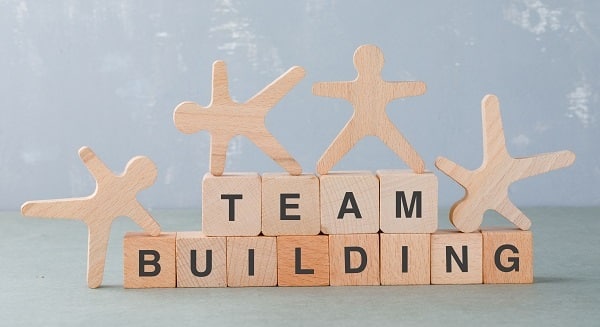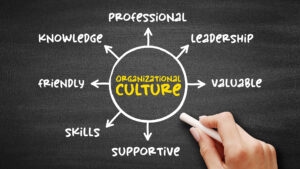Corporate machinery works on the seamless integration of teams comprising people from different backgrounds. Organizations bring diverse people with distinct skills to innovate, resolve problems, and execute strategies.
Corporate teams present opportunities for new people to learn and overcome problems and for senior people to share their experiences and leverage their expertise. However, most companies continue focusing on individuals, which is particularly true for coaching.
Not long ago, coaching was looked upon as a one-on-one process. But irrespective of how individual employees are, their contributions are limited to the real power of the collective when their management offers them corporate team coaching.
How does team coaching work?
Team coaching challenges and facilitates teams to maximize their performance to meet organizational objectives. Team coaching training programs are increasingly being recognized as transformational methodologies to support divisional, functional, and top teams in navigating through the complicated business environment.
In the fast-paced modern world, teams often are unable to deliver their best due to:
- Lack of coordinated stakeholders’ management strategy
- Uncompelling goals and targets that are not aligned with the organizational culture and strategy
- Absence of effective communication guidelines and routines
- Unclear or obsolete decision-making process
- Insufficient trust results in poor handling of difficult situations and increased anxiety, discomfort, and stress
These stumbling blocks can significantly impact organizational performance. Moreover, when the board or directive teams face these challenges, leadership team coaching programs become crucial. Team coaches increase awareness of existing patterns and challenge participants to leverage available resources and their strengths to improve performance, processes, and relationships.
What does a typical coaching program include?
Consulting:
During the initial phase, the coaching team gains an understanding of the organization’s requirements and needs. The service provider scopes out the program, identifies key indicators, and measures for success. A kick-off meeting with the entire team is conducted where participants are briefed about the objectives and scope of the training program.
Team assessment:
A qualitative and quantitative performance assessment of the entire team is undertaken. The objective is to identify the strengths, motivating factors, and areas for further improvement. Some methods used to diagnose these include focus groups, online assessments, and stakeholder interviews. The service provider may additionally interview individual team members to develop rapport and trust. The participants are given information about the aims and methodology of coaching and how the coaches will support them to identify and achieve personal goals.
Team development workshops:
To tackle the primary goals and priority requirements of the teams of enhancing performance and improving relationships, a corporate leadership team coaching training program will have intensive development workshops for the participants. During these sessions, the goals and visions are clarified and aligned. The team members will then plan the initiatives to improve processes, navigate through conflicts, and develop positive culture and relationships.
Team coaching sessions:
These sessions aim to facilitate the participants for delivering results while developing effective processes and functional relational dynamics. During these sessions, the coach provides feedback, observations, and reflective spaces for bringing more awareness, challenging unproductive dynamics, and leveraging unused strengths.
Evaluation:
At the end of the training program, an evaluation is done where the participants are encouraged to reflect on their learnings and achievements. All successes small and big are celebrated and action plans for the future are laid down for the long term. Companies may also opt for an ROI analysis to ensure the training goals are met or have exceeded expectations.
A team-based approach shifts the focus from individual to collective impact. This approach encourages team members to go beyond their job descriptions and understand each other’s aspirations, strengths, and weaknesses. Participants are motivated to build stronger relationships and improve their collaborative skills. They are also encouraged to hone their abilities to assume collective ownership and resolve business challenges. Team coaching also fosters accountability and agency while balancing challenges and support.
Modern business teams must deliver results with fewer resources in short periods. They require leaders who can help them learn from their failures and successes while optimizing their performance and quickly adapting to changes. Leadership team coaching can be an effective and efficient way for organizational growth in modern times.





